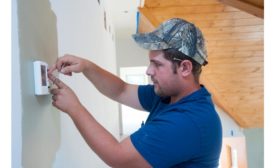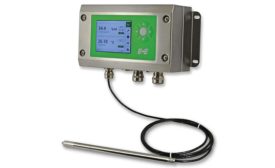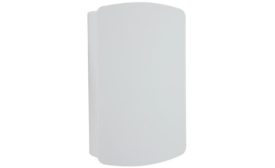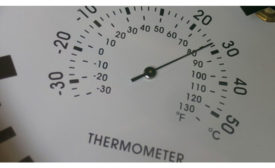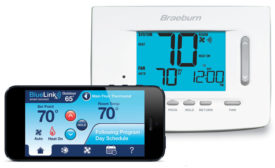Home » temperature control
Articles Tagged with ''temperature control''
Available products still cannot affect air distribution across a building to adjust for hot or cold spots
Read More
Market Trends Converge to Drive Sales of Affordable Wi-Fi Enabled Thermostats
HVAC contractors poised to reap benefits as Wi-Fi enabled thermostat prices drop
January 23, 2017
North America Temperature Sensors Market to Reach $2.2 Billion by 2020
Temperature sensing has been gaining importance, particularly in industrial settings and R&D
May 27, 2016
Temperature and Humidity Transmitters Market Worth $4.94 Billion by 2022
Application of humidity transmitters is expected to grow in various industries including HVAC
February 24, 2016
Ecovent Closes on $6.9 Million in New Funding
Zoning product was named Automation Product of the Year at CES 2015
July 27, 2015
Copyright ©2024. All Rights Reserved BNP Media.
Design, CMS, Hosting & Web Development :: ePublishing
